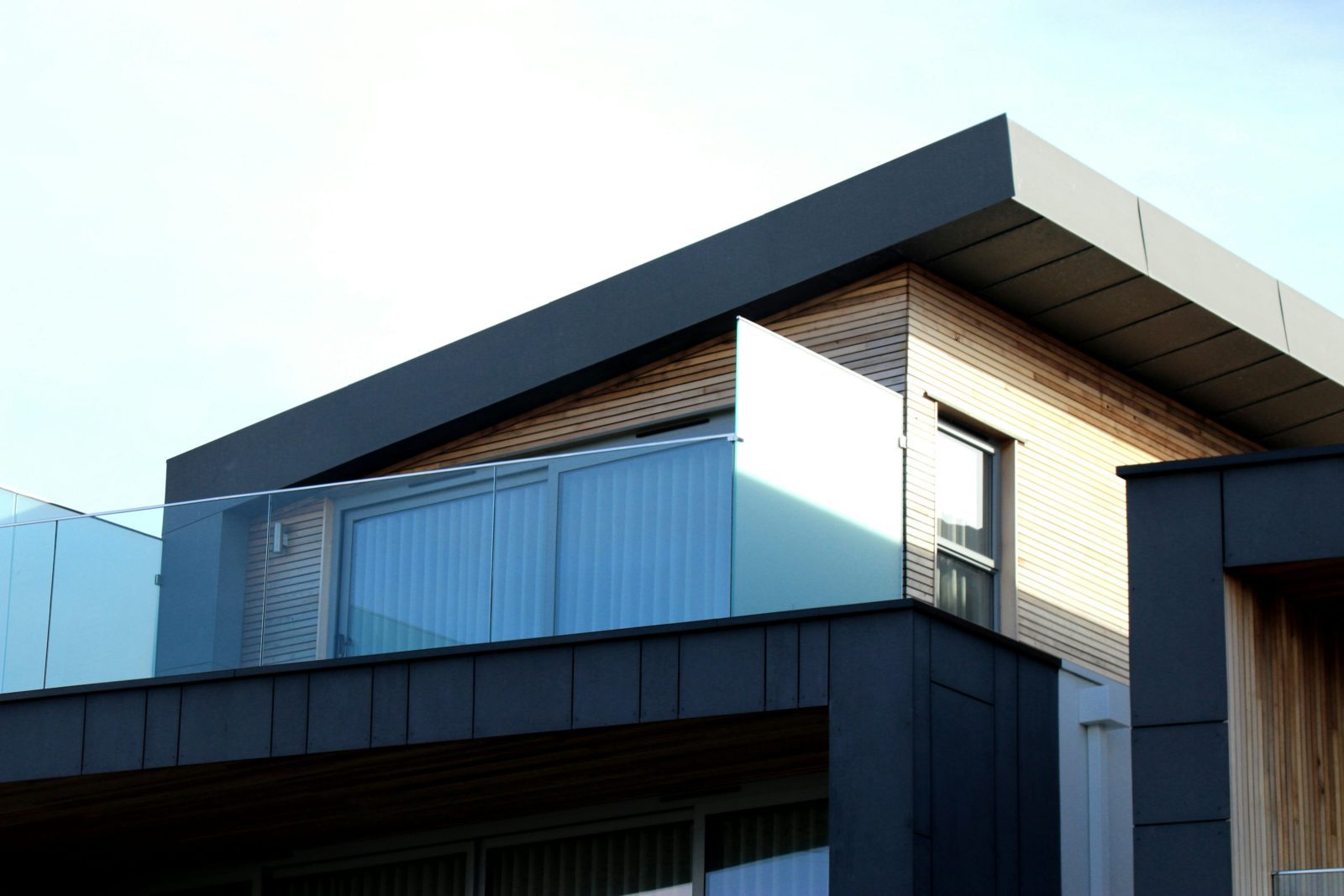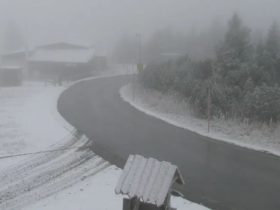In a surprising turn of events, the Czech Republic’s real estate market is experiencing a surge in demand for energy-efficient properties even after the energy crisis has subsided. Numerous companies operating in the market have observed this trend, which reflects a growing awareness of environmental concerns and long-term cost savings among Czech homebuyers.
The shift towards eco-friendly homes is not just a fad. Michal Vacek, director of the analytical company CEEC Research, says, “The real estate market is continuously evolving in favor of more ecological and energy-efficient solutions.” This sentiment is echoed by a recent survey, in which three-quarters of the companies interviewed confirmed an increased interest from clients in energy-saving features such as solar panels and heat pumps.
The origins of this trend can be traced back to the sharp increase in energy prices following the outbreak of the war in Ukraine. This event prompted many households to consider installing solar panels and encouraged potential apartment buyers to inquire about possible savings when searching for properties.
Dana Bartoňová, commercial director of YIT Stavo, noted a significant increase in the percentage of people actively interested in ecological, energy-efficient housing over the past two years. This trend extends beyond just homebuyers, with renters also considering the overall cost of living when searching for new accommodations.
Banks have also noticed this shift, reporting a higher number of applicants for mortgages intended to purchase or construct low-energy properties. Martin Vašek, CEO and Chairman of the Board of ČSOB Hypoteční banka, pointed out that this type of building is particularly popular among people under 36 years of age.
To support this trend, banks are offering preferential mortgages for low-energy buildings. Properties in the top two energy efficiency categories (A and B) can qualify for lower interest rates and additional benefits such as insurance discounts. The standard market offering is a 0.1 percentage point reduction in the interest rate, with ČSOB offering a 0.2 percentage point reduction for “green” mortgages.
However, it’s worth noting that energy-efficient properties come at a premium. Developers factor the increased costs of energy-saving technologies into the final prices. Marcel Soural, head of the Trigema development group, stated that prices deviate from the average by 10 to 15 percent in projects featuring these technologies. Despite this, the long-term savings and environmental benefits continue to attract Czech homebuyers, signaling a significant shift in the country’s real estate landscape.









